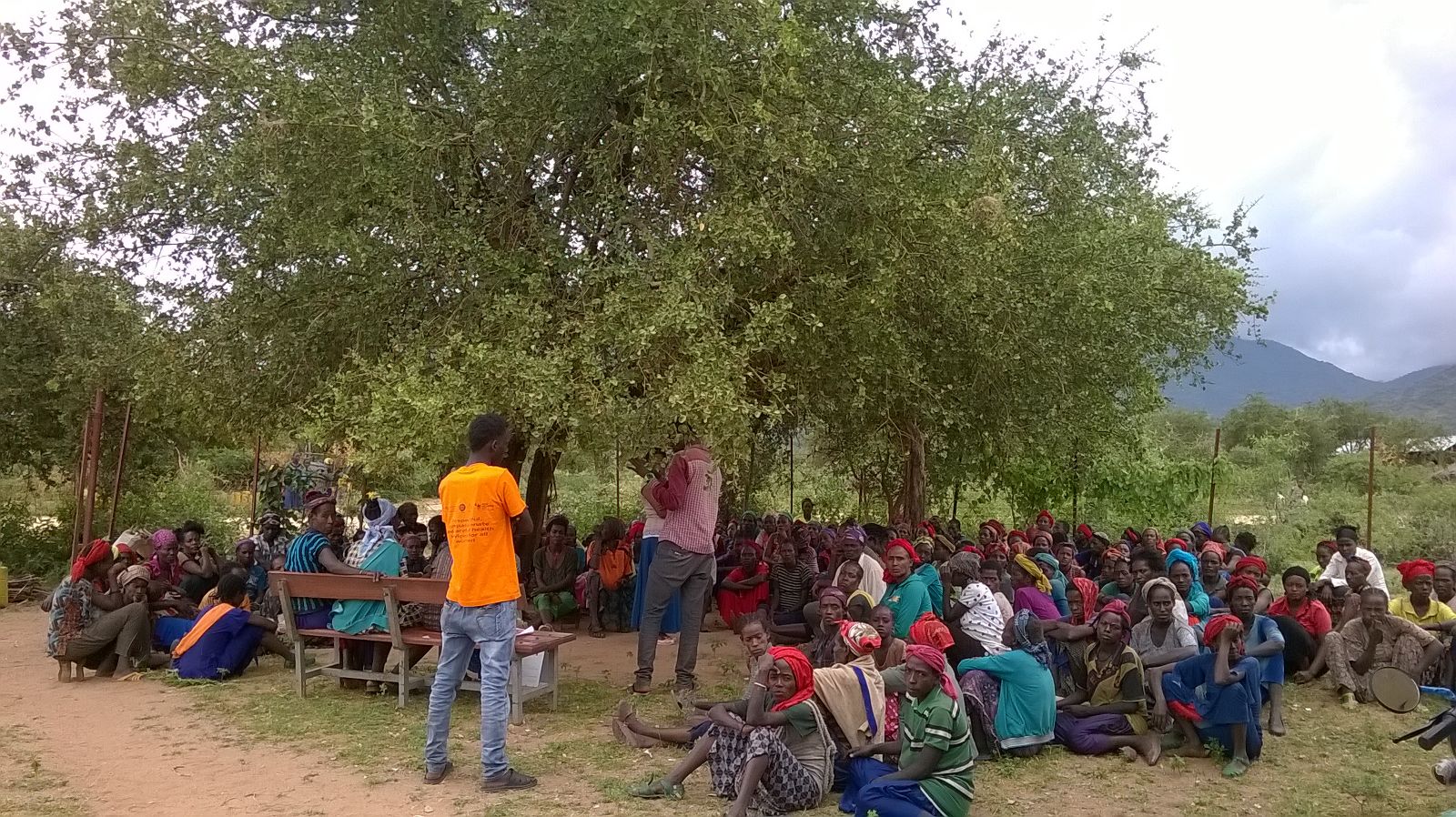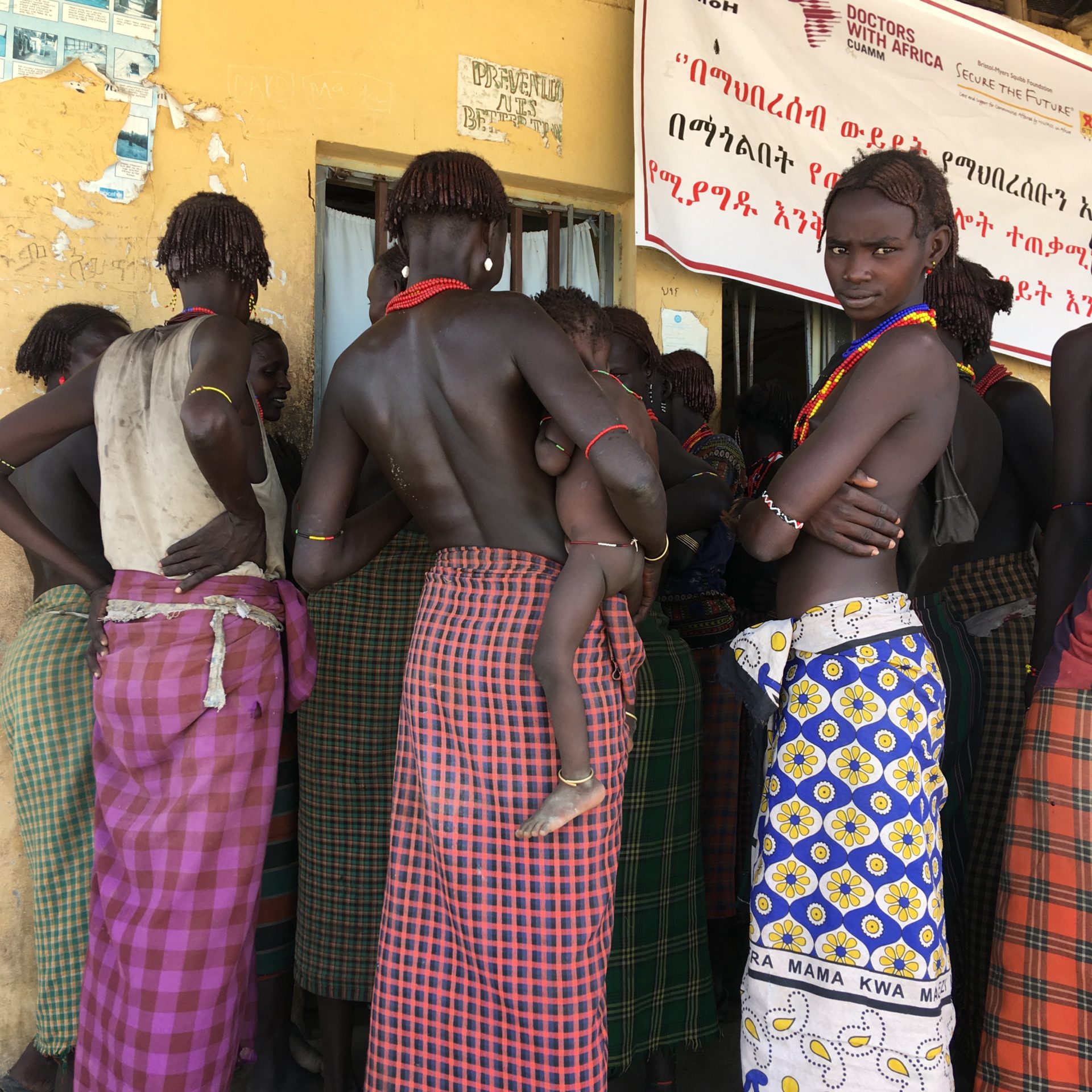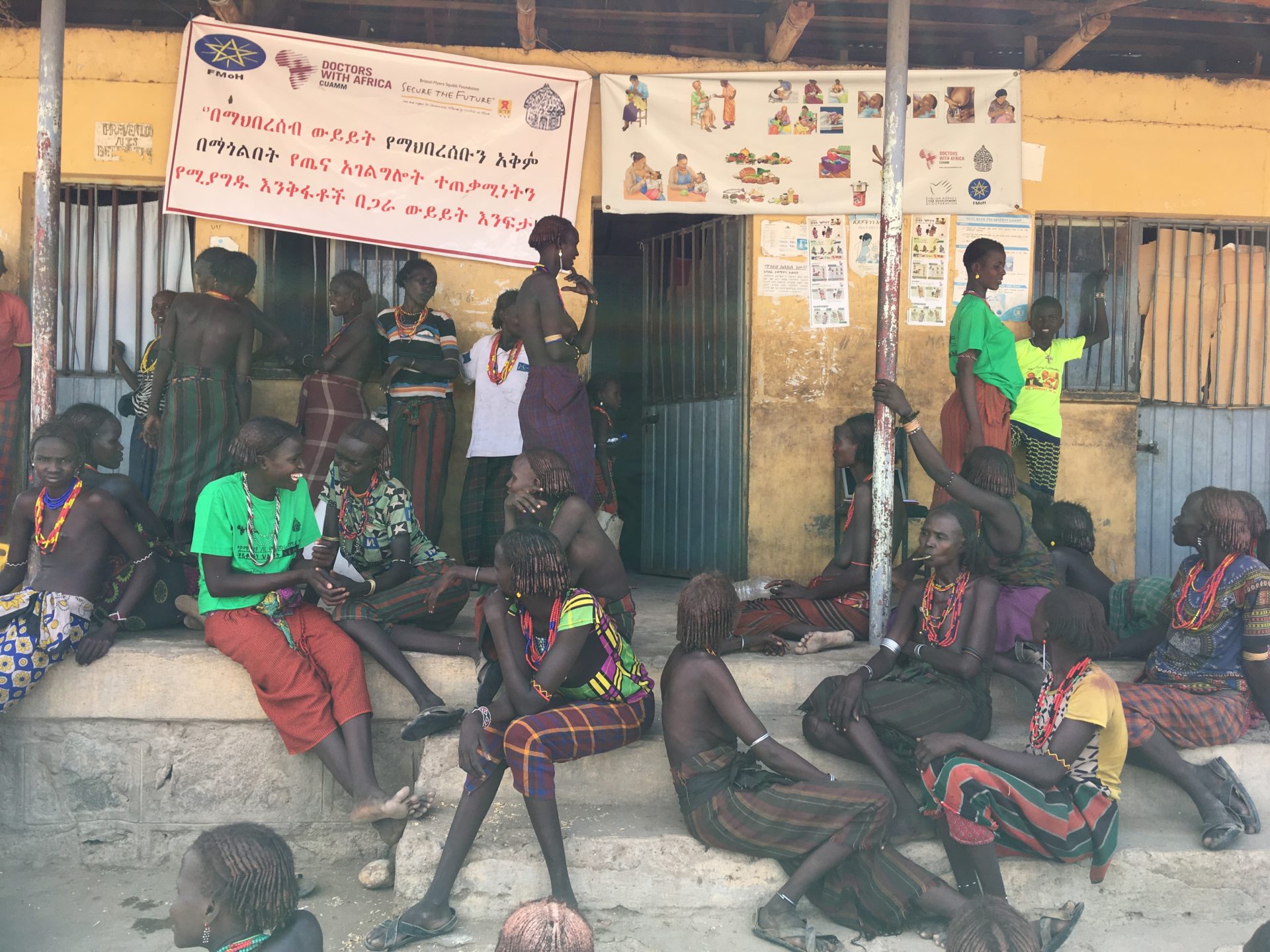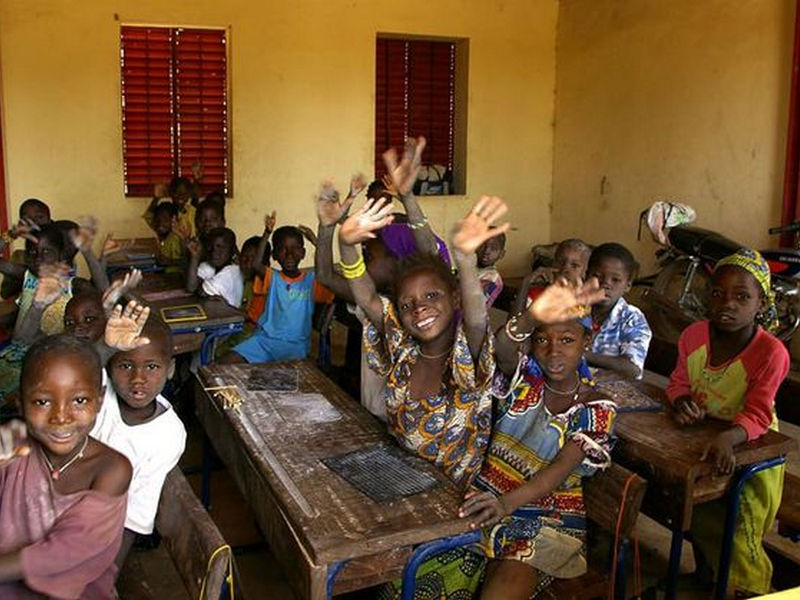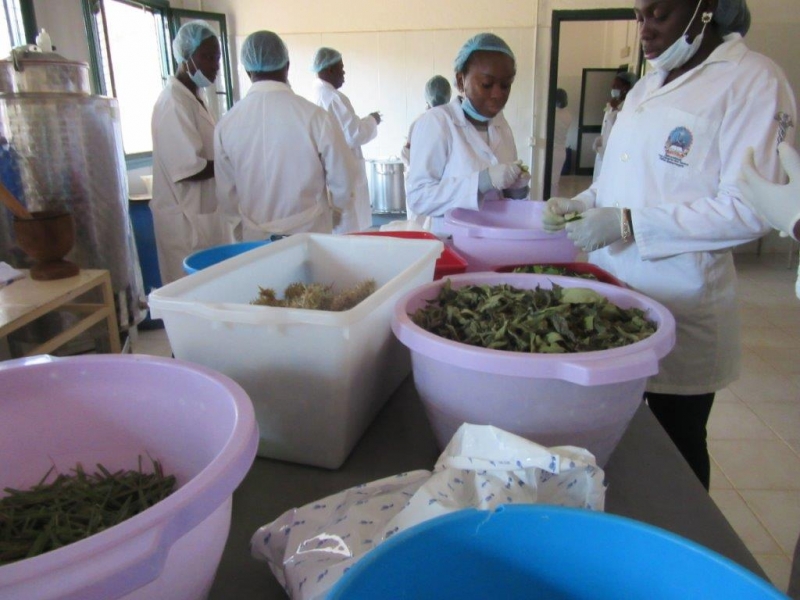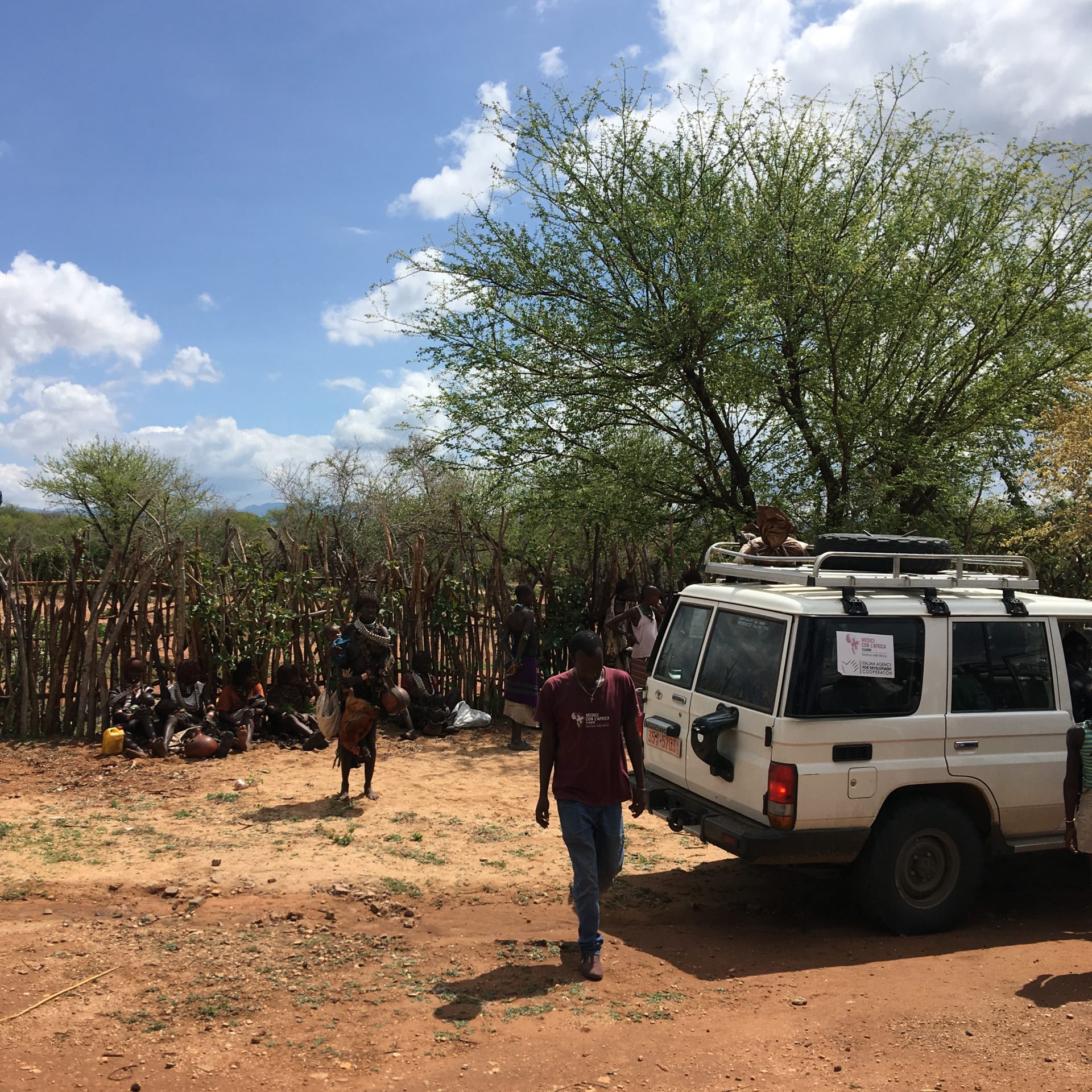
Access to healthcare for women – South Omo – Ethiopia
The “Empowering women in rural communities to improve access to basic healthcare services South Omo zone- Ethiopia” project is supported by the Catholic NGO Doctors with Africa – CUAMM
The project aims at empowering women living in rural areas in South Omo by making them aware of the available health care services in order to increase demand and access to maternal, neonatal and child healthcare services.
Many studies carried out in several African countries show the main barriers for women to access health care services. It includes lack of knowledge on where to go for treatments, lack of permission for treatment, lack of money for treatment, distance from health facilities, lack of access to transport services and their cost. They refuse to go alone and are concerned that there might not be a female provider.
These barriers result in low access to quality paediatric, obstetric and post-natal care at health facilities. Investing in innovative approaches to empower women to overcome such barriers will contribute to the reduction of mortality and morbidity of children and women living in remote areas.
In the South-Omo zone, located in the remotest and most inaccessible areas of the country, 16 ethnic groups speaking different languages live in very poor socio-economic conditions. They are economically and socially marginalized and underserved in terms of basic social/health services and economic infrastructure.
CONTACT
Doctors with Africa CUAMM
WEBSITE
History
Founded in 1950. Doctors with Africa CUAMM was the first non-governmental organization focused on healthcare to be recognized by the Italian government. Working with international and local partner teams. CUAMM provides medical aid and expertise in 8 African countries: Angola, Central African Republic, Ethiopia, Mozambique, Sierra Leone, South Sudan, Tanzania and Uganda. CUAMM also carries out capacity-building activities and conducts and disseminates scientific research. The end goal is to ensure that the fundamental human right to health can be enjoyed by everyone everywhere.
Ethiopia is Africa’s oldest independent country. It is second largest in terms of population (99.4 million for a surface of 1,104,300 km2). It is also one of the poorest countries in the world. Standing at 174th place out of 188 countries according to the latest Human Development lndex.
Maternal mortality rate is 353 per 100.000 live births. Mortality of children under 5 years is 59 per 1.000 live births and neonatal mortality is at 41.4 per 1.000 live births. Only 9% of the targeted population have received adequate assistance during childbirths. About 38.4% of children under 5 years old suffer of chronic malnutrition and about 9.9% suffer of severe acute malnutrition.
Doctors with Africa CUAMM have been working in Ethiopia since 1980. Starting from 2014, the organization focused its activities in the remote area of South Omo. Serving a population of 181,697 people, to improve the quality and availability of maternal and child health care services. In South Omo, CUAMM works in 3 districts, 8 health centers and 8 “waiting homes”(where pregnant women can wait in preparation for childbirth). In South Omo, Doctors with Africa CUAMM work in partnership with the Diocese, Zonal Health Department and the local Health Department.
The Project’s final output shall be a substantial increase of women empowerment. By receiving education and information on existing health care services more women will demand for such services and more women will have safer childbirths, resulting in a consistent reduction of paediatric and maternal morbidity and mortality. After giving birth women will be provided with adequate care and their newborns will be observed and followed to prevent problems such as malnutrition. Overall, this action will result in more empowered women and children, leading to resilient families and communities.
The approach proposed by Doctors with Africa CUAMM is defined through the following points: (1) Knowledge – education and awareness raising activities in rural areas will be implemented at community level; (2) Power – activities will be conducted to address cultural barriers in order to increase access to health services; (3) Means – different activities will be implemented in order to increase provision of appropriate equipment and drugs and to increase the quality of services through training of staff and community health workers especially in the area of obstetric emergency care and (4) Women’s friendly services will be created to improve quality of health care services.
The Project supported by the Caritas Pro Vitae Gradu Charitable Trust
The Caritas Pro Vitae Gradu Charitable Trust takes part in the mission supported by Doctors with Africa – CUAMM by funding the set up costs and first year of implementation of this new project in the South Omo Zone.

